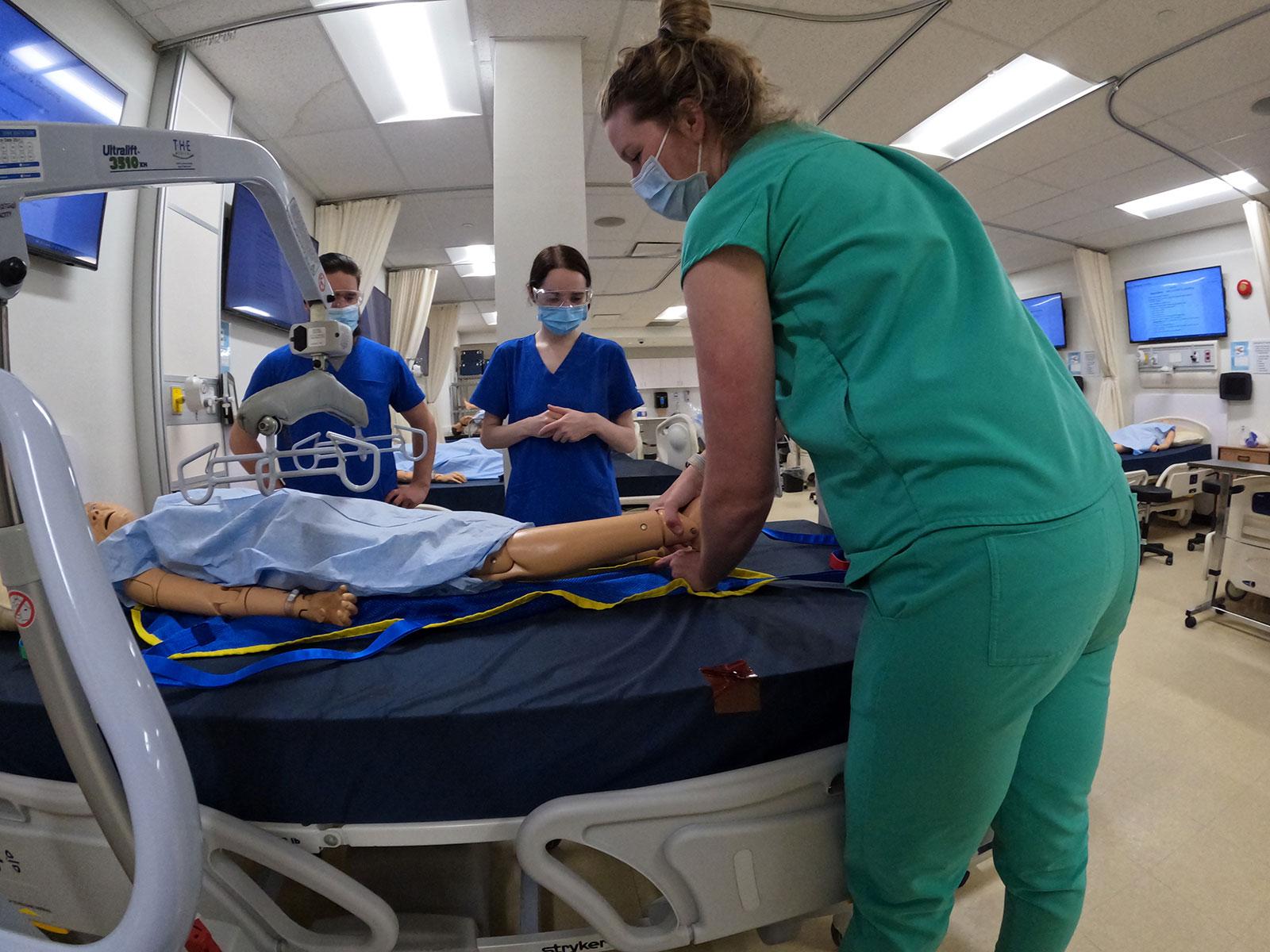Are you considering a career as a Personal Support Worker (PSW)? With the rising demand for healthcare professionals across Canada and beyond, PSWs play a crucial role in supporting patients, seniors, and individuals with disabilities. If you’ve been asking yourself, “What are the PSW course requirements?” This guide will walk you through everything you need to know—from eligibility and admission criteria to skills, training, and career opportunities.
What is a Personal Support Worker (PSW)?
A Personal Support Worker is a trained professional who provides physical, emotional, and social support to patients in hospitals, long-term care facilities, and private homes. Their responsibilities include assisting with daily activities, administering medication, and offering companionship to improve quality of life.
Because of the increasing demand for long-term care and senior support, PSWs are considered one of the most stable and rewarding career choices in healthcare.
Why Choose a Career as a PSW?
Before exploring PSW course requirements, it’s important to understand why this career path is so appealing:
-
High demand – Aging populations have created more job opportunities in healthcare.
-
Short training period – Most PSW programs can be completed within 6–12 months.
-
Affordable education – PSW courses are cost-effective compared to other healthcare programs.
-
Flexible career options – Work in hospitals, nursing homes, or even as a private caregiver.
-
Emotional fulfillment – Helping patients live more comfortably brings immense satisfaction.
General PSW Course Requirements
If you’re planning to enroll in a PSW program, here are the typical eligibility criteria:
Educational Background
Most PSW programs require a high school diploma or equivalent (GED). Mature students may also be accepted if they pass an entrance exam.
Age Requirement
Applicants should be at least 18 years old to ensure they can handle the responsibilities of caregiving.
Language Proficiency
Strong English communication skills are essential. International students may need to show proof of proficiency through IELTS, TOEFL, or a college assessment.
Health and Immunization Records
Students must provide medical clearance and updated immunizations such as TB, Hepatitis B, and MMR to ensure a safe healthcare environment.
Police Clearance
A criminal record check and vulnerable sector screening are required to work with patients in healthcare and community settings.
First Aid and CPR
Many colleges ask for Standard First Aid and CPR certification, often required before clinical placements.
College-Specific Requirements
Some institutions may request interviews, reference letters, or proof of residency/immigration status as part of admission.
Skills Needed to Become a PSW
While eligibility is essential, success as a PSW also depends on having the right skills. Some of the most important include:
-
Compassion and empathy – Supporting vulnerable individuals with dignity and respect.
-
Physical stamina – Assisting with mobility and personal care.
-
Patience – Handling challenging situations calmly.
-
Strong communication – Working with patients, families, and healthcare teams.
-
Problem-solving ability – Quickly adapting to patient needs.
What Will You Learn in a PSW Course?
A PSW course equips you with both theoretical knowledge and hands-on clinical training. Typical subjects include:
-
Personal hygiene and daily living assistance.
-
Nutrition and meal preparation.
-
Safety procedures and infection prevention.
-
Medication assistance and basic healthcare support.
-
Mental health awareness.
-
Communication and interpersonal skills.
-
End-of-life care and palliative support.
Most programs include a practicum/clinical placement, where you’ll gain real-world experience in a hospital, long-term care facility, or community setting.
Duration of a PSW Program
One of the best things about becoming a PSW is that training is short and affordable compared to other healthcare professions.
-
Full-time PSW courses: 6–8 months.
-
Part-time PSW courses: 12 months (ideal for working professionals).
Cost of a PSW Course
The tuition fee varies by college and province. On average:
-
Canada: $3,000 – $8,000 CAD.
-
Scholarships and financial aid are often available.
-
International students may pay higher fees.
Career Opportunities After a PSW Course
Once you complete your PSW training, you’ll be qualified to work in:
-
Hospitals – Supporting patients under nursing supervision.
-
Long-term care homes – Assisting elderly residents.
-
Community care agencies – Helping individuals at home.
-
Private care – Working independently as a caregiver.
According to government reports, PSWs are among the most in-demand healthcare workers, making this career both stable and rewarding.
How to Apply for a PSW Course
If you’re ready to start, here’s a quick application checklist:
-
Visit a queens wood college.
-
Review the admission requirements (education, age, language).
-
Prepare documents (transcripts, ID, immunization records, police clearance).
-
Apply online through the college’s admission portal.
-
If accepted, complete orientation and begin your journey as a PSW!
Final Thoughts:
Becoming a Personal Support Worker is more than just a career choice—it’s a calling. By meeting the PSW course requirements, you’ll be on your way to building a stable, rewarding, and impactful career in healthcare.
With training that’s affordable, relatively short, and always in demand, there’s never been a better time to become a PSW.
Visit: https://app.solpal.io/



